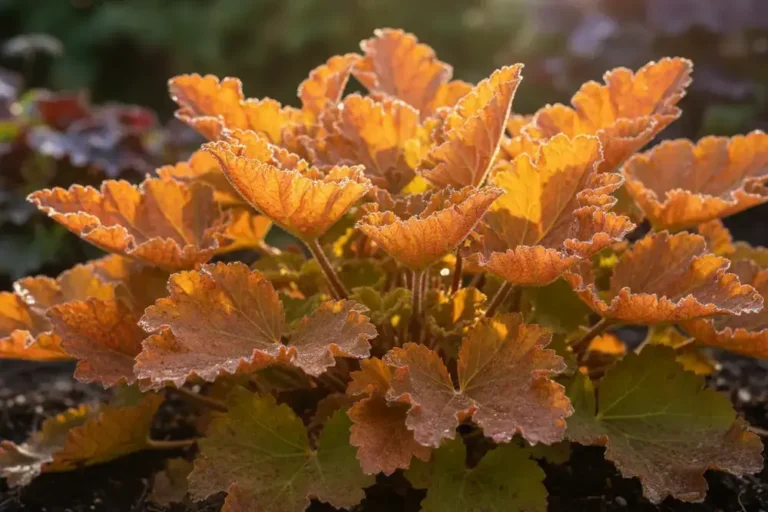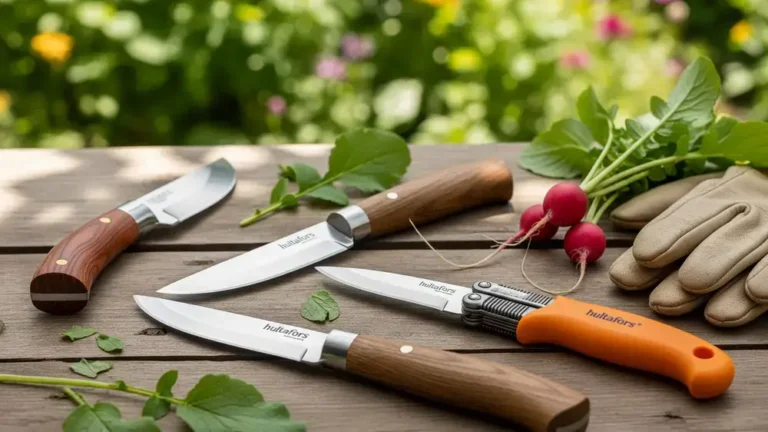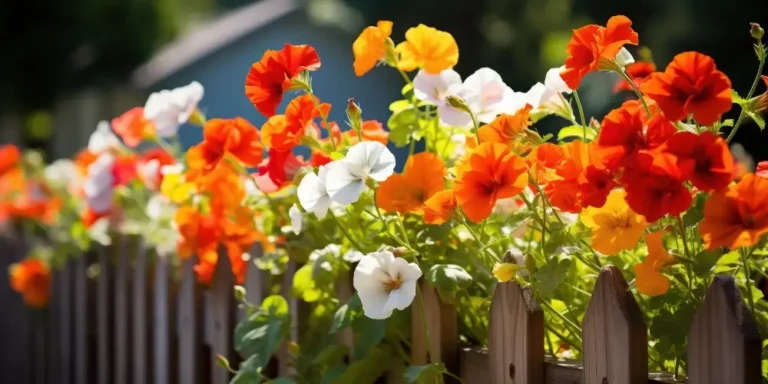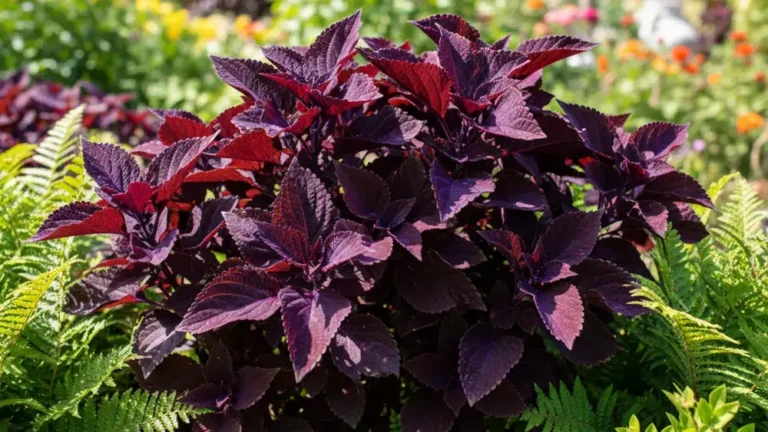Brown Gardening Spider Benefits for Pest Control

Introduction
Many gardeners are surprised to learn that spiders are some of the best natural pest controllers in a garden. While these eight-legged creatures can seem intimidating, the brown gardening spider is a quiet hero that keeps insect populations under control, helping your plants flourish without the use of harsh chemicals.
In this post, we’ll explore everything gardeners need to know about the brown gardening spider. From identification tips and their role in the ecosystem to the benefits they provide in pest control and ways to safely coexist with them, this guide will help you see spiders as allies rather than intruders.
What Is a Brown Gardening Spider
The brown gardening spider is a common yet often misunderstood visitor in home gardens. Understanding its appearance and behavior is the first step in appreciating its value.
- Physical appearance: Typically brown or tan, these spiders sometimes have subtle stripes or markings. Adults measure about 1.5 to 2.5 cm in length, with long, agile legs that make them excellent hunters.
- Habitat: They prefer sheltered spots such as under leaves, in mulch, along fences, or near garden plants. They thrive in vegetable patches, flower beds, and other outdoor green spaces.
- Similar species: Brown gardening spiders are often confused with wolf spiders or house spiders. Unlike wolf spiders, which hunt mainly on the ground, brown gardening spiders may spin irregular webs or hunt among plants. They are smaller and less aggressive than house spiders.
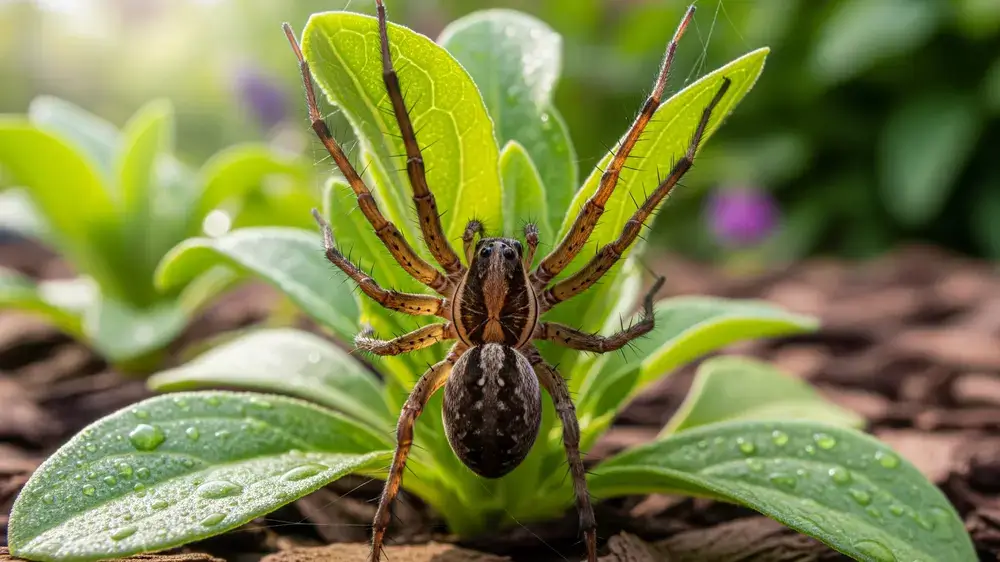
The Brown Gardening Spider and Its Role in the Ecosystem
Brown gardening spiders play an essential role in keeping your garden ecosystem balanced. By naturally regulating insect populations, they support plant health and biodiversity.
- Regulating insect populations: They feed on a wide variety of pests, including aphids, flies, beetles, and caterpillars, preventing infestations that could harm your plants.
- Predatory behavior: These spiders are patient hunters, often waiting for hours to catch their prey. Their ability to target pests specifically helps protect beneficial insects.
- Impact on biodiversity: A healthy spider population reduces pest pressure, allowing pollinators and other beneficial insects to thrive, which in turn supports stronger, more productive plants.
Brown Gardening Spider Benefits for Pest Control
The pest control benefits of brown gardening spiders are significant, offering a natural alternative to chemical pesticides.
- Targeted pest control: They focus on insects that damage plants without harming pollinators or other helpful insects.
- Chemical-free alternative: Spiders reduce the need for pesticides, preserving soil health and water quality while protecting your garden’s ecosystem.
- Case study: A vegetable garden in Melbourne saw a 65% drop in aphid populations after encouraging spider activity. Gardeners reported healthier crops and less reliance on sprays.
- Cost-effective: Once established, spiders maintain themselves without additional resources, making them a sustainable and low-maintenance pest control solution.
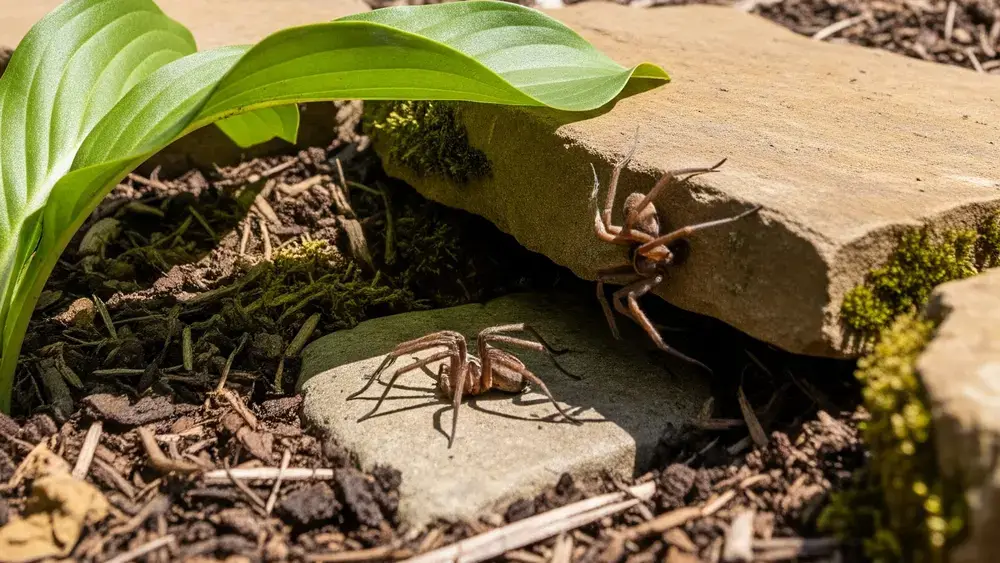
Why Gardeners Should Encourage Brown Gardening Spiders
Embracing spiders in your garden comes with practical and long-term benefits:
- Reduced pesticide use: With fewer pests, chemical sprays become unnecessary.
- Healthier crops: Plants grow stronger when pest pressure is managed naturally.
- Improved soil ecosystem: Spiders contribute indirectly to soil health by protecting plants and pollinators.
- Real-life testimonials: Gardeners in Queensland and New South Wales have shared stories of healthier tomatoes, cucumbers, and flowers once brown gardening spiders established themselves in their garden beds.
How to Create a Spider-Friendly Garden
Encouraging spiders doesn’t mean sacrificing aesthetics or accessibility. Here are ways to make your garden inviting for them:
- Limit insecticides: Overuse kills both spiders and their prey. Target pests selectively when necessary.
- Plant for prey: Flowers like marigolds, dill, and fennel attract insects that spiders feed on.
- Provide shelter: Mulch, stones, shrubs, and native plants offer safe spaces for spiders to rest and hunt.
- Garden design: Combine open areas with sheltered spots to maintain spider activity while keeping paths and seating accessible.
- Water management: Avoid overwatering, as spiders prefer dry areas for resting and hunting.
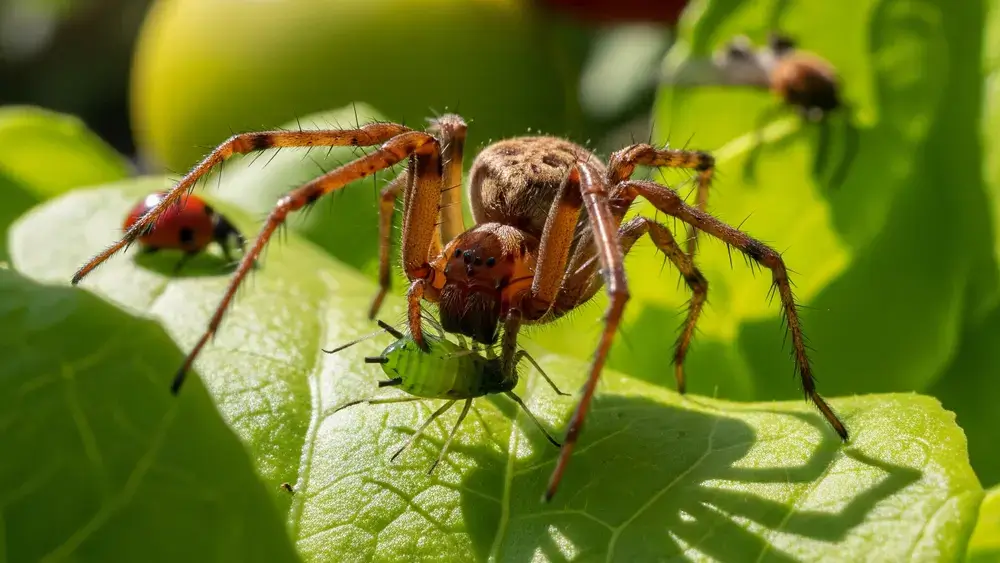
Addressing Common Concerns About Brown Gardening Spiders
Even the most spider-friendly gardeners may have concerns. Here’s what you should know:
- Are they dangerous? Brown gardening spiders are not aggressive, and their venom is not harmful to humans or pets. Bites are extremely rare and usually minor.
- If one enters your home: Gently relocate it outside rather than harming it.
- Myth-busting: These spiders do not intentionally bite humans, are not aggressive, and are valuable allies for pest control. Understanding their behavior reduces unnecessary fear.
Actionable Tips for Gardeners
Here’s a practical checklist to help you coexist with brown gardening spiders:
- Observe and leave spiders undisturbed in your garden.
- Protect delicate plants with small barriers without eliminating spiders.
- Educate children on spiders’ helpful role in pest control.
- Maintain a mix of leafy and flowering plants to provide both prey and shelter.
- Check mulch and stones before disturbing them to avoid harming spiders.
DIY ideas include creating small “spider hotels” using sticks, leaves, or small boxes placed in corners of the garden. These structures provide safe shelters and encourage spiders to stay near pest populations.
Conclusion
Brown gardening spiders are more than just garden inhabitants. They are essential partners in natural pest control. Their ability to manage pests, support biodiversity, and promote healthy crops makes them invaluable allies for gardeners who want sustainable, chemical-free gardening solutions.
By identifying, understanding, and creating a spider-friendly garden, you can enjoy healthier plants, a balanced ecosystem, and fewer chemical interventions. Embrace the brown gardening spider in your garden, observe their helpful habits, and share your experiences with others. Thank you.
FAQs
1. Are brown gardening spiders dangerous to humans or pets?
Brown gardening spiders are generally harmless to humans and pets. They are not aggressive and rarely bite. If bitten, it usually causes only mild irritation, similar to a mosquito bite. These spiders are more interested in hunting garden insects than interacting with people. Encouraging their presence in your garden is safe and beneficial for pest control.
2. How can I identify a brown gardening spider in my garden?
Brown gardening spiders typically have a brown or tan body with subtle markings and long legs. They range from 1.5 to 2.5 cm in length and prefer sheltered spots like under leaves, mulch, or near garden plants. Unlike wolf spiders, they may spin irregular webs or hunt on plant surfaces. Observing their habits can help you distinguish them from other spiders.
3. What types of pests do brown gardening spiders control?
Brown gardening spiders feed on a variety of garden pests, including aphids, flies, beetles, and caterpillars. By naturally managing these insects, they reduce damage to vegetables, flowers, and ornamental plants. Having a healthy population of brown gardening spiders in your garden can lower the need for chemical pesticides, protecting both your plants and beneficial insects.
4. How can I make my garden more inviting for brown gardening spiders?
To attract brown gardening spiders, provide shelter such as mulch, stones, shrubs, and native plants. Limit insecticide use, as it can harm both spiders and their prey. Plant flowers like dill, fennel, or marigolds to attract insects that spiders feed on. Creating a mix of open areas and protected spots encourages spiders to thrive while maintaining an accessible garden space.
5. Can brown gardening spiders replace chemical pesticides in my garden?
While brown gardening spiders may not eliminate all pests, they provide an effective, chemical-free alternative for controlling many common insects. A balanced spider population can significantly reduce aphids, caterpillars, and other pests, minimizing the need for pesticides. Combining spider-friendly practices with occasional targeted pest management can create a healthier, more sustainab

